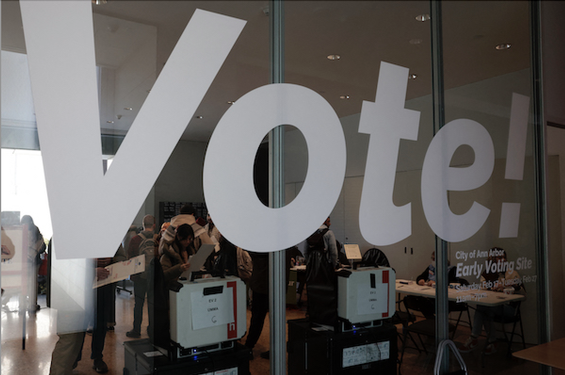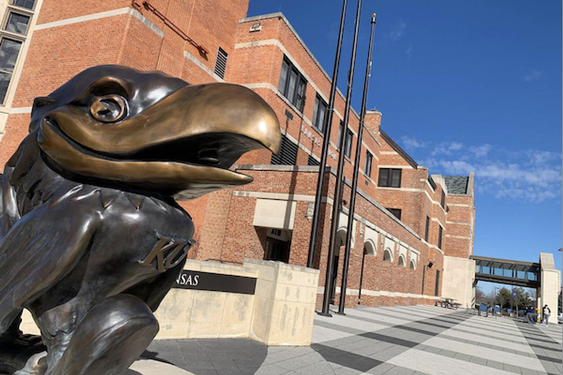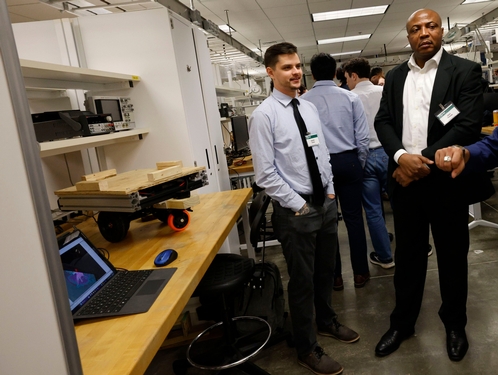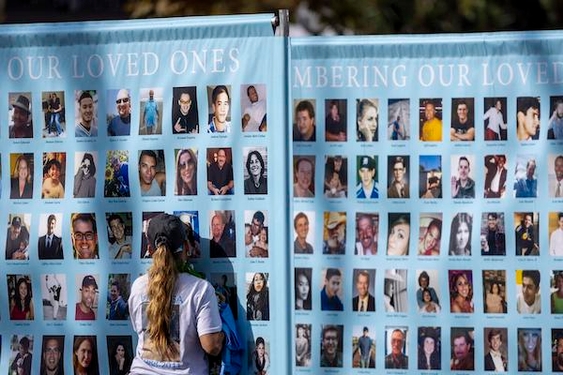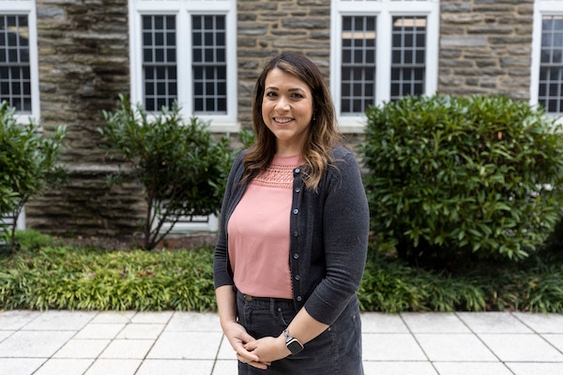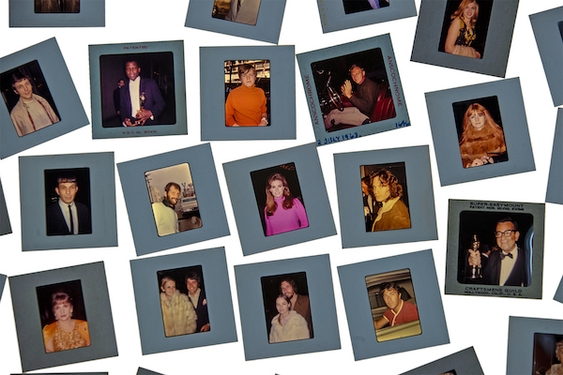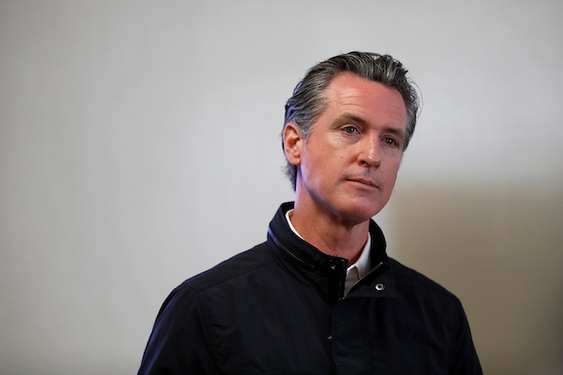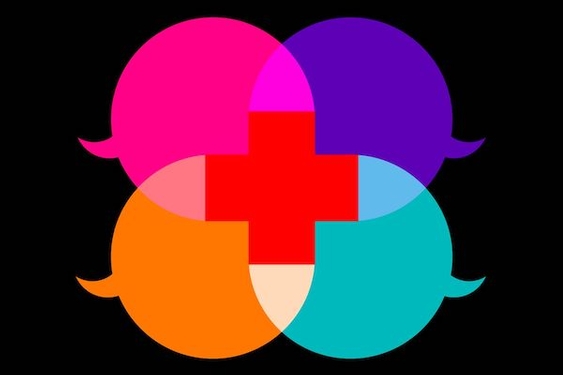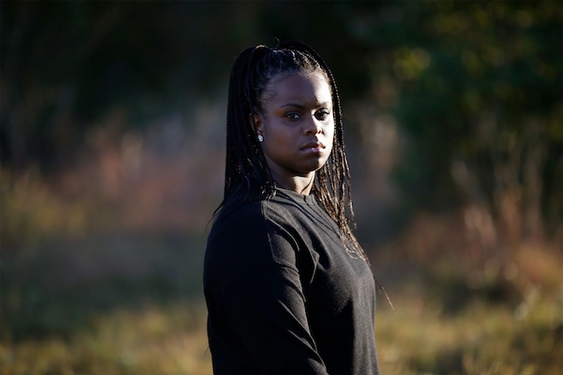
There is no doubt that there has been tension between many students and college administrators about how their schools handle sexual assault reports. This year, there have been more federal investigations about this issue than ever before, and throughout the country, students have been speaking out against their campus’s faulty policies. Many have even filed complaints against their schools for violating federal laws, like Title IX and the Clery Act.
In the midst of all this controversy and the many debates that have happened across campuses such as James Madison University and Amherst College, Sally Rappaport, a sophomore at Wesleyan University, started a project that fights against victim blaming. Naming it Project “Not Asking For it," Rappaport created a video that promotes the idea that clothing, dance moves and body language are not invitations for sexual assault.
The video starts with a message: “Victims of sexual assault were never ‘asking for it.’ Clothes and dance moves are not consent.” Still frames and clips of dancing Wesleyan students, wearing anything from baggy pants to a mini skirt, are shown as Lauryn Hill’s “Doo Wop” plays in the background. At the end, there is a call for other schools to create their own videos to help spread the message.
Rappaport started this project because she thought much of the public was misinformed about sexual violence and assault. Before going to college, she, like a lot of her friends from home, did not really know how to identify it.
“There were far too many incidents where people were the victims of assault, and they didn’t even know it or acknowledge it because the retort would be like, 'You were asking for that,'” Rappaport said in an interview with Campus Circle. “That was something that hurt me and I lived with.”
After finally understanding the seriousness of the incidents her friends went through in high school and even in college, she realized that she had an opportunity to finally do something about it. Inspired by a photo of a topless woman taken at SlutWalk, a widespread movement against rape culture and victim blaming, Rappaport decided to launch her own project against sexual assault.
Through support and positive feedback from her friends and peers, Rappaport created the video in April, hoping it would go viral and spread to other schools. And, it did.
By reaching out to her close friends at other colleges and through multiple shares of the video on Facebook, Rappoport's project reached schools in and outside of the U.S. Some of the schools have joined in on the project and created their own videos.
In the Claremont Colleges’ video, creators Shira Feifer and Sydney Fiona added more meaning by also listing various situations when people are “not asking for it.” Beyond saying clothing and dance moves aren’t invitations for assault, sentences like “My gender doesn’t mean I can’t be a victim,” “My intoxication is not ‘asking for it’” and “My flirting is not ‘asking for it’” are shown with the clips.
To many students involved in the project, the rape culture and attitudes towards sexual violence survivors at their schools really need to change. Feifer decided to participate because of this very reason, even though she attends a very liberal and progressive college (Pitzer College).
Eliza Callahan, one of the coordinators of the video created at Columbia University, joined in on this effort because she believes that it promotes safer communities. “People need to feel safe in wearing the clothing they choose to wear and however they choose to present themselves,” she said.
So far, the project has been successful in reaching and informing many students and viewers not involved in the videos. “I had friends come up to me and say that they had never really thought about these ideas surrounding consent before and are now much more aware,” said Josie Hodson, the coordinator of the Stanford University project. “This video is just one piece that raises awareness and keeps the topic fresh on people’s minds.”
With the start of the new school year, seven other colleges—including George Washington University, University of Wisconsin-Madison and University of Kansas—are expected to release videos in the fall. Rappaport is also planning on pushing this project even further by either starting a club on her campus or creating another social media project.
“I don’t want these videos to be the end,” she said. “I am determined.”
If you want your school to participate, email projectnotaskingforit@gmail.com.


